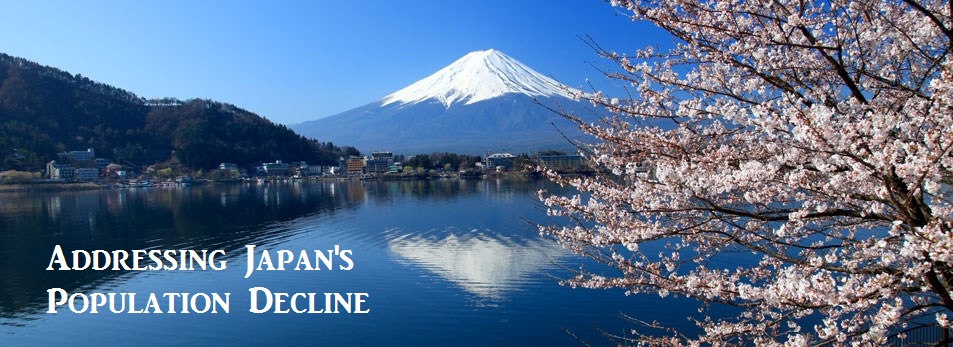Indigenous Initiatives and Petroleum Politics in the Ecuadorian Amazon Suzanna Sawyer
Following our initial discussion on globalization and the way we think about environmental issues being local vs. global, Suzanna Sawyer offers an in depth history on the ARCO activity in Ecuador. Sawyer recounts the drilling activities that took place in the indigenous lands of Pastaza. The organization that represented the peoples of the region was known as the OPIP, and did not take the degrading side effects of the oil drilling lightly. They were not the only voices in the discussion, and some indigenous drilling supporters of the region were taken advantage of by ARCO, and with that, the “corporate operations both facilitated and profited from dividing indigenous loyalties”. This is important in our discussion because ARCO uses the excuse that this party was geographically closer to the areas affected by the drilling. Sawyer brings the indigenous peoples’ definitions of land ownership in order to allow us to understand what their idea of local looks like. The term territorio or territory is understood by the Amazonian people as, “land that belongs to no one.” Despite the proximity, this idea of a local environmental problem was not valid to the OPIP and they were able to gain support from Ecuadorian groups as well as US and European justice groups to counter the divide. This is an example of an environmental issue that was not affecting those outside of Ecuador, but was still acted on and fully supported by foreigners. This local was able to gain the attention of activists across the seas, but also achieved success with the Ecuadorian protests at the Villano Assembly. Sawyer’s article is extremely factual and in favor of the indigenous people while providing a look into the future of the people of Pastaza. Although my research did not include this caliber of environmental degradation in Japan, I would be interested to find out how the fishing and agriculture communities cope with the lack of work force due to the decline in population. This article left me asking myself questions regarding bringing in outside aid like Ecuador’s scenario, but to help with labor.
From Cultural Survival Quarterly (Spring 1996): 26–30. Used by permission of New York University Press.
